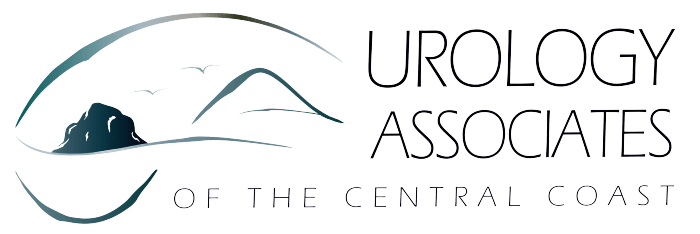Testicular Cancer: Prevalence, Diagnosis, and Treatment in Central Coast, CA
Testicular cancer, though relatively rare compared to other forms of cancer, remains a significant health concern affecting primarily young men. This malignancy arises in the testicles, the male reproductive glands responsible for producing sperm and testosterone. Despite its low incidence, understanding its prevalence, timely diagnosis, and effective treatment options are crucial for ensuring favorable outcomes for affected individuals.
Prevalence
Testicular cancer comprises approximately 1% of all cancers in men, making it relatively uncommon but not negligible. However, its incidence has been steadily rising globally over the past few decades, particularly in developed countries. The reasons for this increase remain uncertain, but factors such as environmental exposures, genetic predisposition, and changes in lifestyle habits may play contributory roles.
This cancer predominantly affects young men, with the highest incidence occurring in individuals aged 15 to 40. It is notably less common in older men and children. Certain risk factors, such as a family history of the disease, prior testicular cancer, or conditions like cryptorchidism (undescended testicle), confer an increased likelihood of developing testicular cancer.
Diagnosis
Early detection is key to successful management and favorable outcomes in testicular cancer cases. Self-examination plays a crucial role, as men are encouraged to perform regular testicular checks to detect any abnormalities such as lumps, swelling, or changes in size or consistency. Any suspicious findings should prompt immediate medical evaluation.
Medical diagnosis typically involves a combination of physical examination, imaging studies such as ultrasound, and laboratory tests including tumor marker analysis, notably serum levels of alpha-fetoprotein (AFP), beta-human chorionic gonadotropin (β-hCG), and lactate dehydrogenase (LDH). These tests aid in confirming the presence of testicular cancer, determining its extent, and guiding subsequent treatment decisions.
Treatment
The treatment approach for testicular cancer depends on various factors, including the cancer type, stage, and the patient’s overall health and preferences. The primary treatment modalities include surgery, chemotherapy, and radiation therapy, often used in combination for optimal outcomes.
Surgery, typically in the form of radical orchiectomy, involves the removal of the affected testicle and is often the initial step in managing testicular cancer. This procedure aims to remove the tumor and obtain tissue for pathological analysis to determine the cancer type and stage.
Following surgery, adjuvant therapies such as chemotherapy or radiation therapy may be recommended, especially in cases where the cancer has spread beyond the testicle or if there’s a high risk of recurrence. Chemotherapy, using potent anti-cancer drugs, is highly effective in eradicating cancer cells and preventing metastatic spread. Radiation therapy, employing targeted radiation beams, may be employed to eliminate residual cancer cells or as palliative treatment for advanced cases.
Additionally, ongoing surveillance with regular follow-up appointments and imaging studies is essential to monitor for recurrence or progression of the disease, allowing for prompt intervention if necessary.
In Conclusion
While testicular cancer is relatively uncommon, its prevalence is increasing, particularly among young men. Timely diagnosis through self-examination and medical evaluation, followed by appropriate treatment tailored to individual circumstances, is crucial for achieving optimal outcomes and improving survival rates in individuals affected by this disease. Continued research and public awareness efforts are essential in furthering our understanding of testicular cancer and enhancing treatment strategies to combat this malignancy effectively.
Schedule a Testicular Cancer Consultation in Central Coast, CA
Take charge of your testicular health with Urology Associates of the Central Coast. Learn about testicular cancer prevalence, diagnosis, and treatment options. Schedule your consultation today at our urology clinics in Central Coast, CA for personalized care and peace of mind.


Content reviewed by the board-certified physicians at Urology Associates of the Central Coast
Still have questions? Reach out to Urology Associates of the Central Coast
